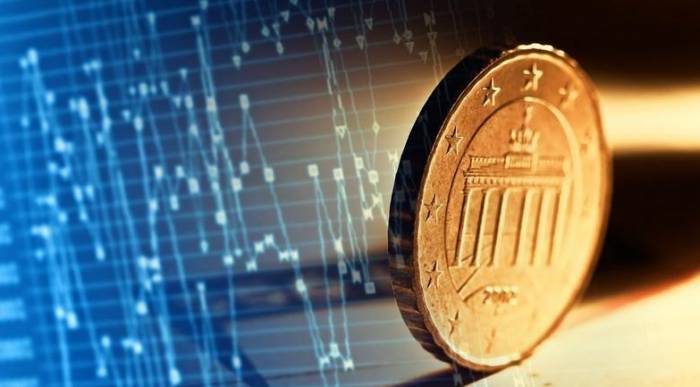China Trade Surplus, Forex Reserves, Econ. Balance.
Over the years, our country has consistently maintained a massive trade surplus, with the value of exports far exceeding that of imports. However, our foreign exchange reserves have not increased accordingly; the latest data shows that they have once again decreased by over 50 billion US dollars.
Where has the foreign exchange created by the surplus gone?
The United States is continuously harvesting global wealth; has China's foreign exchange reserve been harvested by the US dollar?
01, Foreign reserves decrease instead of increasing
Last year, our country's trade surplus reached as high as 590 billion, and the latest customs data for January to February this year shows that the trade surplus has expanded by more than 16% year-on-year.
Although the growth rate of recent exports has slowed down, and even a year-on-year negative growth has occurred, the accumulated base of exports is still high, so our surplus continues to increase.
However, we cannot simply use the surplus as the basis for changes in the scale of foreign exchange reserves.
Advertisement
There are other factors involved, and only by combining the situation and changes in our country's capital inflows and outflows can we clarify the whereabouts of the surplus.
The monthly trade surplus data published is actually the flow for that month, while the foreign exchange reserve figures we announce are the accumulated stock. It is not convenient to compare and calculate these two sets of data together.
Data shows that over the past two years, our country has added up the amounts of goods trade and direct investment, and the scale of this basic plate has reached about 2 billion US dollars. This data better reflects the actual situation.02, Storing Foreign Exchange with the People
Where should foreign exchange be used? Storing it with the people is the answer that best fits the reality.
After summarizing China's international balance of payments for the first 11 quarters, we found that there is a significant amount that has not been converted, which becomes currency and deposits, also known as "storing foreign exchange with the people."
Of course, this portion of funds may be used for conversion under the right circumstances, such as at the end of last year when the Chinese yuan experienced a rapid appreciation. Part of the reason was that as the year-end approached, some enterprises, after observing the trend of the yuan against the US dollar, chose to convert at that time.
Another part of the funds may be used for imports in the future, which is actually the reserve funds for foreign trade enterprises.
A portion of the foreign exchange is also used by ordinary residents to purchase various overseas financial products, including real estate, insurance, and funds, becoming the overseas assets of the general public.
Looking at the long term, it is highly likely that the surplus has been transformed into overseas assets of China's private sector, increasing their assets. Moreover, China's external use of funds has reached 2 billion US dollars, which is essentially on par with the scale of the surplus.
Therefore, it is not that wealth has been harvested, but rather that wealth has become the true wealth of enterprises and residents.
03, Increasing Imports
In fact, behind these forms, it further demonstrates that China's market is making rational use and allocation of these resources, and also indicates that China has a more stable economic balance pattern.The growing trade surplus, along with the private sector's foreign assets, is conducive to enhancing the ability to withstand risks.
Entering 2023, the growth rate of our exports has noticeably slowed down, and it is estimated that this year's trade surplus will decrease to some extent. However, this is not a significant issue.

As the foreign economy continues to contract and countries like those in Europe and America gradually fall into economic dilemmas, we should instead take advantage of this opportunity to import a large amount of high-tech products and technologies that we need.
In such a situation, even if imports increase and exports decrease, turning a short-term trade surplus into a deficit, it will not have a significant impact on our country's foreign exchange reserves.
After all, over the years, we have accumulated foreign exchange among the people, forming a profound foundation.
Leave a Comment